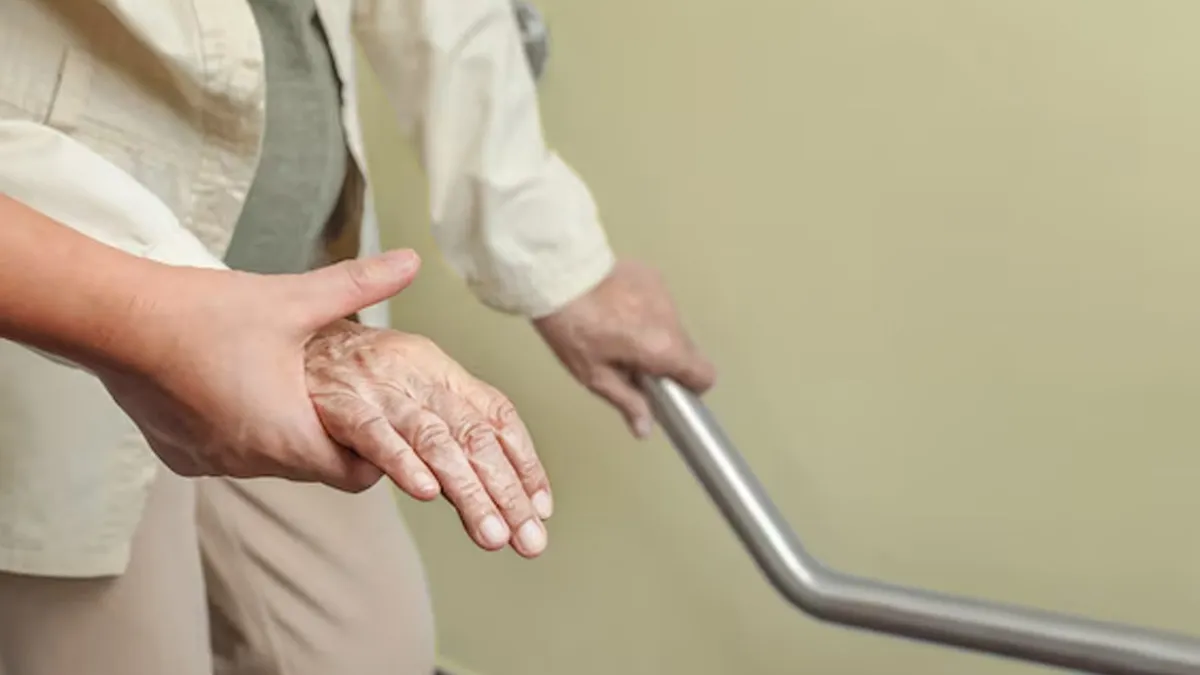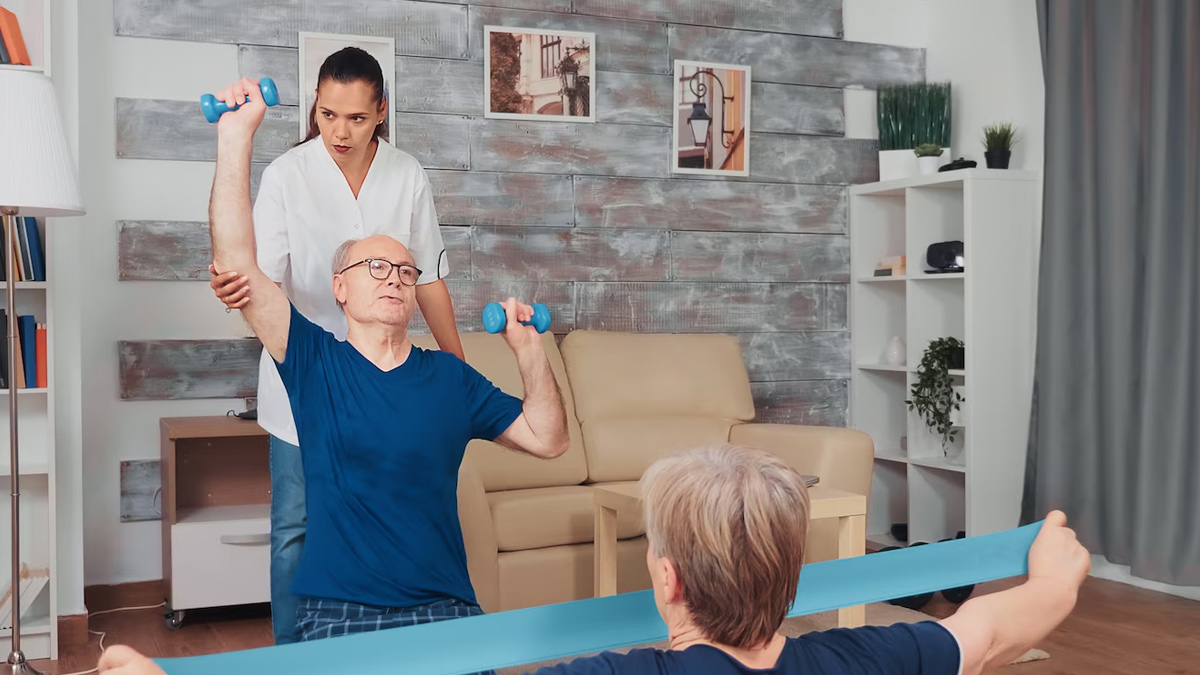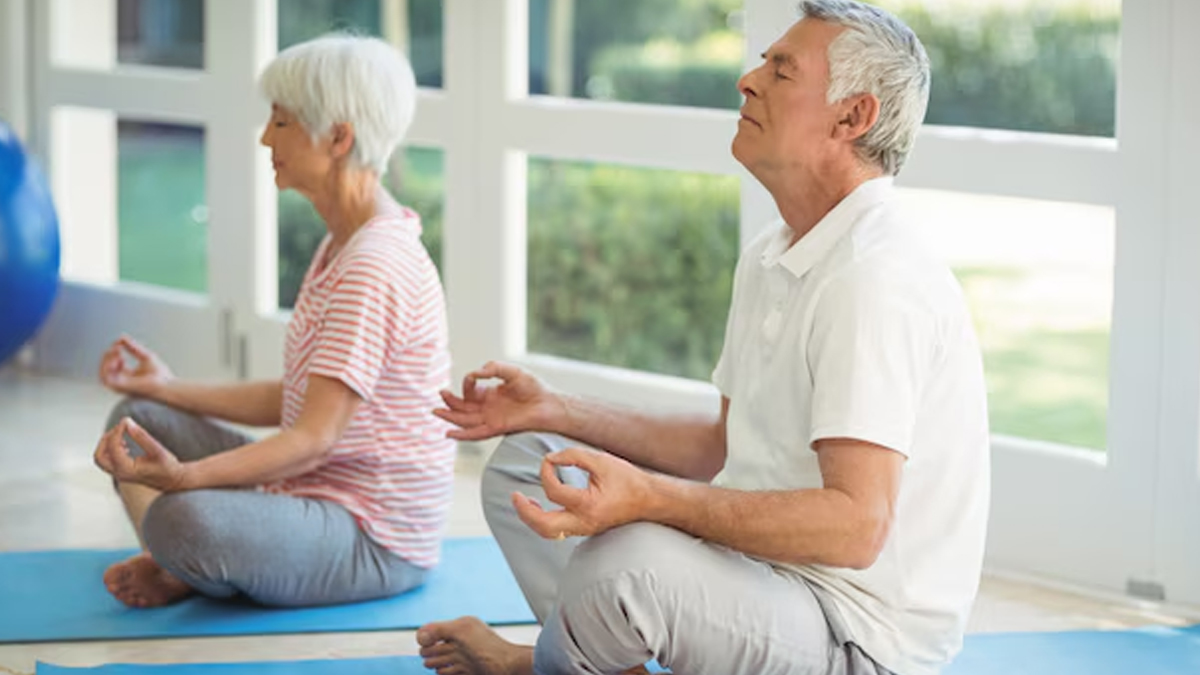
Parkinson's disease is a condition that progresses to affect the nervous system and presents various motor and non-motor symptoms. Managing the disease requires more than just medication; a multifaceted, personalised response is needed to improve quality of life across all areas. An integrative approach to Parkinson's disease combines conventional medicine with complementary or alternative therapies to treat a multitude of symptoms and enhance overall health.
Table of Content:-
We spoke to Dr Aakash Agarwal, Consultant Neurologist, Manipal Hospital, Bhubaneshwar, who explained the integrative management of Parkinson's disease.
Core Components of Integrative Management
In integrative management, exercise, diet, sleep, social support, and mind-body therapies all play key roles in maintaining good health.
Exercise

Exercise is a cornerstone of their care, improving physical function, mobility, and balance. According to the National Centre for Complementary and Integrative Health, tai chi in particular has consistent evidence for enhancing balance and functional mobility when combined with medication.
Nutrition
Healthy diets also support brain function, regulate weight, and provide energy. Diets rich in antioxidants, omega‑3 fatty acids, and fibre, such as the Mediterranean style, are linked to better brain health, motor function, and even slower symptom progression. Conversely, ultra‑processed foods are tied to earlier onset of non‑motor symptoms like sleep disorder and mood disturbance.
Sleep and Stress Management
"Sleep disorders related to Parkinson’s disease can lead to aggravation of other symptoms; therefore, addressing these disorders is crucial for overall health," said Dr Agarwal. According to a 2016 study, exercise can improve sleep, while mind‑body practices help reduce anxiety and depression, both of which can exacerbate the symptoms.
Social Connection and Creative Therapies

Social connections are equally as important for emotional and mental well-being. Being with loved ones and sharing in the community as a whole can soften the feeling of loneliness and depression. "Subtle practices, such as meditation, yoga, tai chi, and others, are recognised for their ability to manage the impact of stress, improve mood, and enhance what we refer to as mental clarity and resiliency," added Dr Agarwal.
Types of Therapies and Treatments
"Medications form the cornerstone of Parkinson's disease treatment, with replacement therapy for dopamine as the primary treatment for motor symptoms. Medications allow for restoration of normal levels of the chemical dopamine in the brain and thereby alleviate tremors, stiffness, and bradykinesia," added Dr Agarwal.
For individuals with serious conditions or whose symptoms aren't alleviated through medication, Deep Brain Stimulation (DBS) could be an appropriate choice. The procedure entails the implantation of a device that sends electrical impulses to specific locations in the brain, which can aid in regulating movement problems.
In addition to DBS, rehabilitative therapies play a crucial role. Physical therapy helps maintain mobility and reduce the risk of falls, while speech therapy addresses problems with communication and swallowing. Creative therapies, such as music and dance, provide a way for people to express themselves emotionally, improve their mood, and encourage movement in an enjoyable setting.
Important Considerations
Individualised treatment plans are one of the fundamental principles of integrative management. Treatment has to be based on the symptoms, lifestyle, and goals of every patient. Effective collaboration between meaningful patients, caregivers, and clinician is the foundation for ensuring that care meets real patient needs and preferences.
Message From The Expert
Dr Agarwal concluded, "Complementary therapies must be evidence-led. Each intervention must thus be weighed against its safety, efficacy, and appropriateness. With proper caution, integrative approaches can significantly improve the quality of life of people with Parkinson's disease, offering a more holistic, empowering style of care."
[Disclaimer: This article contains information provided by an expert and is for informational purposes only. Hence, we advise you to consult your professional if you are dealing with any health issue to avoid complications.]
How we keep this article up to date:
We work with experts and keep a close eye on the latest in health and wellness. Whenever there is a new research or helpful information, we update our articles with accurate and useful advice.
Current Version